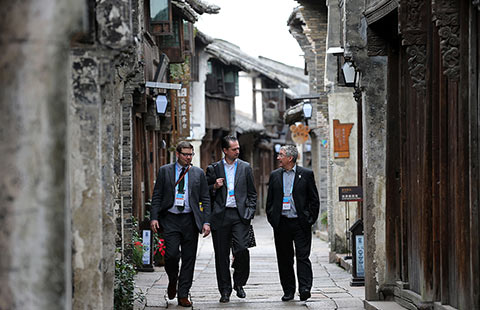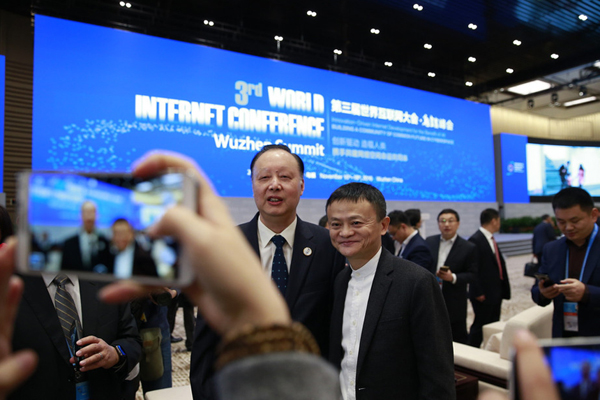Keep China's big spenders at home
BEIJING -- During China's Lunar New Year holiday, high-end stores in Europe were jammed with Chinese shoppers snapping up items at lower prices than back home.
Policy makers in China have reacted slowly to the growing spending power of Chinese consumers. Media reports estimate that Chinese spent $85 billion?overseas in 2012, with a notable portion going toward top-notch goods such as watches, handbags, jewelry and clothing.
However, the growth rate of China's luxury goods market fell from 30 percent in 2011 to just 7 percent in 2012, according to estimates from Bain Capital, one of the world's leading private, alternative asset management firms, which also estimates that Chinese consumer spending overseas increased 31 percent in the same period.
Chinese consumers' spending on luxury goods will continue to rise, even if it's not at home, according to consultancy McKinsey. China will account for one-third of the $175 billion global luxury goods market by 2015, up from 27 percent of the $145 billion market in 2012, it said in a report released in December.
These are numbers no government can afford to neglect. Retail outlets around the world, including department stores in Bangkok and duty-free shops in the Vancouver airport, are hiring more Chinese-speaking salespeople and translating promotional signs into Chinese.
However, in China, no decision has been reached on how to keep shoppers from leaving.
China imposes as much as a 60-percent tax on high-end items. Many believe such taxes have made high-end items too expensive and driven buyers flush with cash away from China's department stores.
One debate surfaced around June 2011, when a spokesman for China's Ministry of Commerce said manufacturers of high-end goods could expect to see cuts in import duties. Later, an article appeared on the Finance Ministry's website, arguing that import duties should actually be increased in order to protect public interests.
Like the ministries, the public is divided on tariffs.
Tariff reduction opponents worry that slashing the tariffs would result in a loss of government tax revenue and endanger local businesses, while proponents believe such cuts would create more demand, resulting in more imports and ultimately more tax revenue.
Many also argue that tariff reductions may widen the country's already yawning wealth gap, because tax cuts on luxury goods only benefit the rich and most profits would be reaped by brand owners.
Those for the tariff reduction say that if people are buying the products anyway, keeping the buying at home would create more jobs and generate more revenue from consumer tax and rental fees.
Though consumers have called for tax cuts, this alone would not fix the country's problems related to domestic consumption. China needs to cultivate its own brands to rival foreign products and nurture a market of its own.
Currently, a prompt solution -- not a tit-for-tax debate -- needs to be worked out by the government to increase the competitiveness of China's market.























